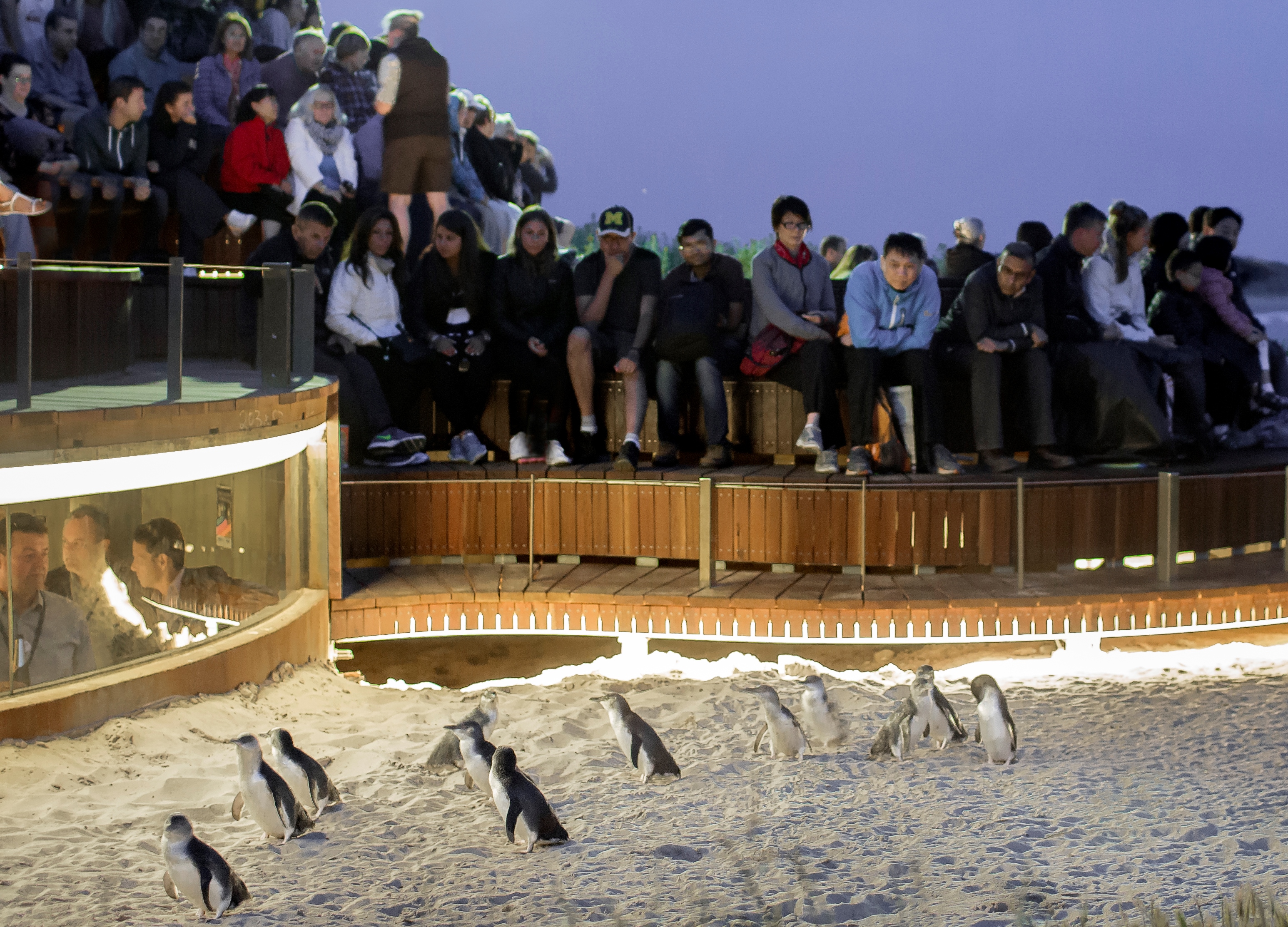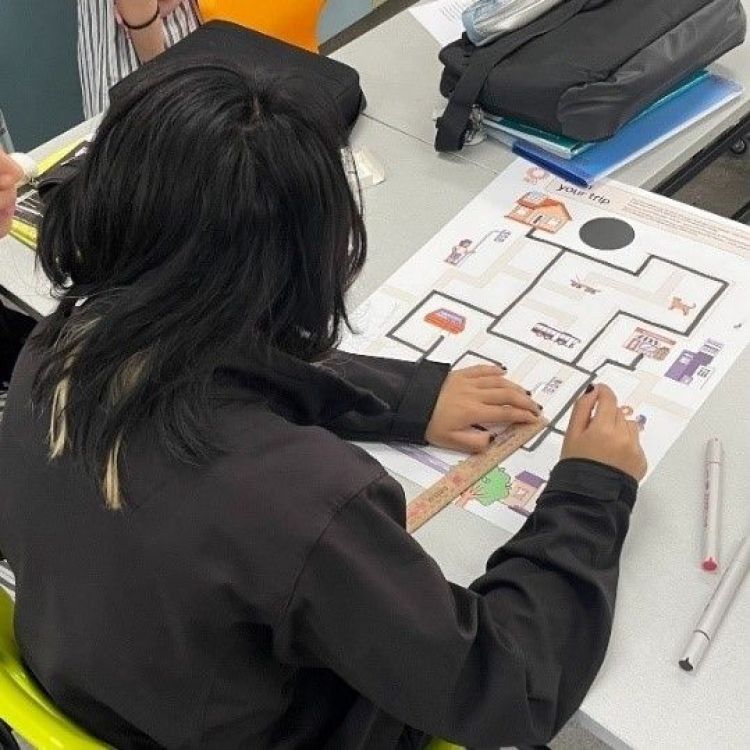Powering penguins and protecting the planet
06 October 2025
SEC is helping wildlife conservation operations, such as the Wildlife Rehabilitation Centre on Phillip Island, become more sustainable.

The purpose-built facility, run by Phillip Island Nature Parks, is for wildlife health research, emergency response for catastrophic events that impact wildlife, and daily rehabilitation care for recovering little penguins, other seabirds and threatened species.
Opened in 2011, the centre’s operations are funded through the Nature Parks ecotourism activities, and the Penguin Foundation adopt-a-penguin program.
“Our Wildlife Rehabilitation Centre provides care for vulnerable wildlife, with the aim to release them back into the wild,” Phillip Island Nature Parks General Manager Conservation, Jessica McKelson said.
“Last year, our Wildlife team provided five weeks of care to one of the oldest penguins seen at Phillip Island. Silver, a 22-year-old little penguin was found malnourished on the beach and rescued by rangers. After a final weigh-in, feed, and swim in the rehabilitation pool, Silver was successfully released on the beach where she was found.”
In 2023–24, the Wildlife Rehabilitation team responded to 1,196 calls for wildlife rescues and advice, cared for 70 little penguins and rescued and cared for 547 other native wildlife from 82 different species. The team works with Wildlife Victoria, the Zoos Victoria Veterinary Group and Marine Response Unit, and Gippsland Veterinary Group, who provide expertise and veterinary services, and is supported by volunteers.
SEC retails 100% renewable electricity to the Nature Parks, which delivers research, education and conservation programs using funds raised through ecotourism experiences, including the world-famous Penguin Parade, Churchill Island and the Koala Conservation Reserve.
The organisation uses about 1,150 megawatt hours of electricity a year, mainly for heating, cooling and refrigeration at its attractions.
On 1 July 2025, it became one of SEC’s first retail customers when SEC began selling 100% renewable electricity to Victorian schools, hospitals and other government operations.
“We’re powering some of the state’s iconic and best-loved places, including Flinders Street Station, Melbourne Museum, the NGV, Werribee Open Range Zoo, the Royal Botanic Gardens, and of course the Phillip Island Penguin Parade,” SEC CEO Chris Miller said.
Phillip Island Nature Parks General Manager Infrastructure and Planning, Jarvis Weston said sourcing renewable electricity from the government-owned renewable energy company would contribute significantly to the Nature Parks’ objective of being carbon neutral, while supporting Victoria to achieve its emissions reduction goals.
“The Nature Parks is aiming to reduce its greenhouse gas emissions through energy efficiency and renewable energy projects through investigating batteries, solar panels, and waste reduction programs across all sites.
“We are also planning to transition to electric vehicles,” Mr Weston said.
The Nature Parks also maintains over 400 kilowatt combined solar systems across the sites, which have contributed to a decrease in grid-sourced electricity and an increase in solar PV generation.
Learn about SEC’s commitment to renewable generation.



